Opinion: Dickinson’s U.S. News Ranking Shouldn’t Matter
We’re number one! We’re number…Fifty-one. Dickinson slots in just outside the top 50 in the latest U.S. News and World Report rankings of national liberal arts colleges, behind many of the schools we’d consider our peers.
Fellow PA colleges like Lafayette and Franklin & Marshall, which tie for #39 and Bucknell (#37), appear in the tier just above Dickinson, while Bryn Mawr (tied with Kenyon for #31), Haverford (in a 6-way tie for #18), and Swarthmore (#4) all come in way ahead of our humble institution here in Carlisle.
So, we should be angry, right? Upset that our long history, excellent academics, and commitment to public service aren’t even good enough to put us in the top 50?
Well, no. We shouldn’t be mad. We shouldn’t clutch our metaphorical pearls and write angry messages to President Jones on Facebook about how he needs to save our school (looking at you Dickinson parents). We should take a moment and think about what we value in our institution and how much we are willing to let outside arbiters decide how we measure our success.
It is clear from recent scandals involving Columbia (which was penalized a full 16 spots in this year’s rankings after they admitted to giving U.S. News incorrect data) and Temple University’s Fox School of Business (whose former dean, Moshe Porat, was sentenced this year to 14 months in federal prison for his role in falsifying data to improve the ranking of the school’s MBA programs), that the U.S. news system incentivizes bad actors.
But the issues with these rankings go even further. Fundamentally, the methodology that U.S. News uses to rank colleges emphasizes prestige, selectivity, and wealth over student wellbeing, social mobility, and public service, which are far more important indicators of what a college does for its students and the world.
So no, I’m not worried that Dickinson is tied for its lowest spot on the U.S. News list since 2000 (starting at #39 that year, we were ranked #51 in 2018 and ‘19 as well). Frankly, I don’t care.
A full 20 percent of a college’s ranking, according to the U.S. News methodology, is based on a survey that asks college administrators to rank peer schools’ “academic quality.” Not only is this blatantly unscientific, but it also creates a clear weight towards colleges that are historically considered prestigious (not to mention that it incentivizes administrators to rank their competitors poorly, given the zero-sum nature of the rankings themselves).
Combine this with categories like “financial resources per student” which boosts wealthy colleges and “student selectivity” which includes average SAT/ACT scores, a factor that Dickinson doesn’t even consider for admissions, and it is clear that the U.S. News rankings are of no real use to us.
We should measure our college’s success (and desirability to potential applicants, for that matter) not on prestige, wealth, or a storied history, but on measures that line up with our core values.
If you still want a list to look at, I suggest “Washington Monthly’s” college rankings, which were created as an alternative to U.S. News after the publication lodged a similar criticism to mine. These rankings measure “contribution to the public good” based on the social and economic mobility of graduates, research output, and public service.
Unsurprisingly, Dickinson does far better on these metrics than it does in U.S. News, coming in at a respectable #32, including an impressive #22 ranking for public service. We get extra points for our engagement as active voters and the parity of the graduation rate of students receiving Pell Grants here.
These metrics show Dickinson’s merit far better than the size of our endowment, our selectivity, or our reputation among administrators. Even “Washington Monthly” has its issues though. Can you really measure the impact of a college? For example, sustainability practices, highly valued at Dickinson, are not measured.
The bottom line is this: U.S. News can put us wherever they want, but at the end of the day we should focus on making Dickinson an environment where students come from all sorts of backgrounds, get a fantastic education, and go on to leave the world better than they found it.
If we get penalized for that by a magazine that can’t even keep fraud out of its flagship product, so be it.



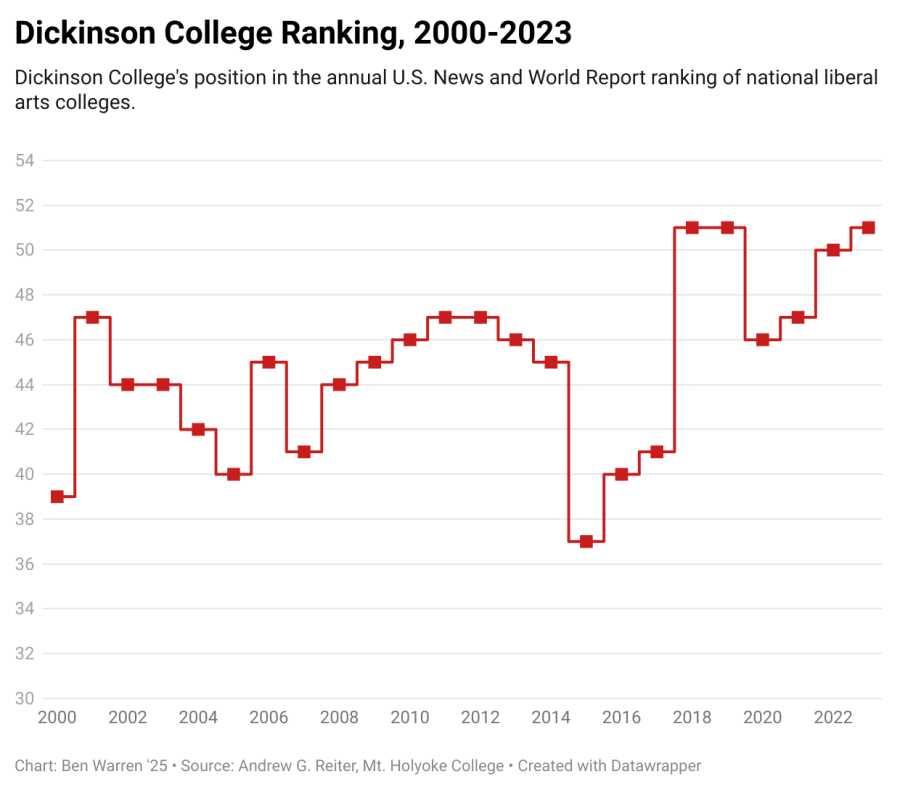
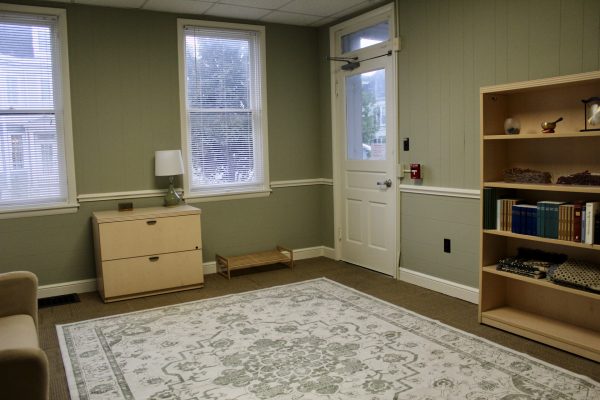
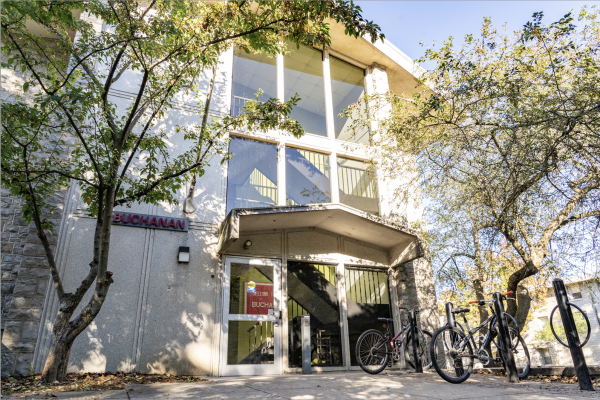
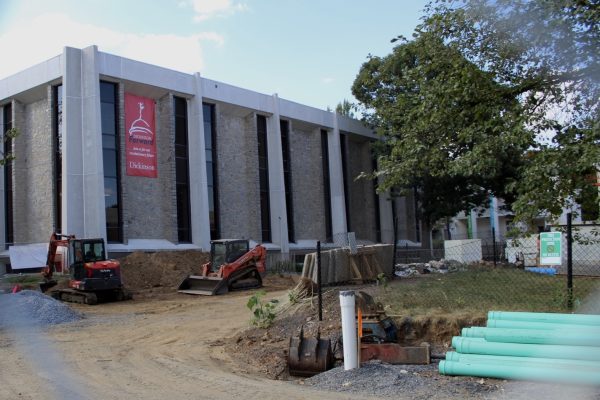
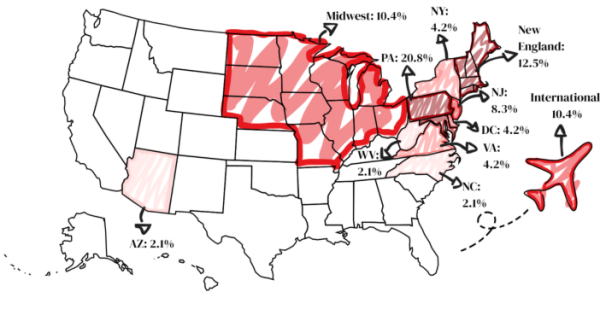
Phiania Smith • Sep 6, 2025 at 8:31 pm
As a Dickinsonian I heartily concur! Dickinson hides it’s light under a bushel.